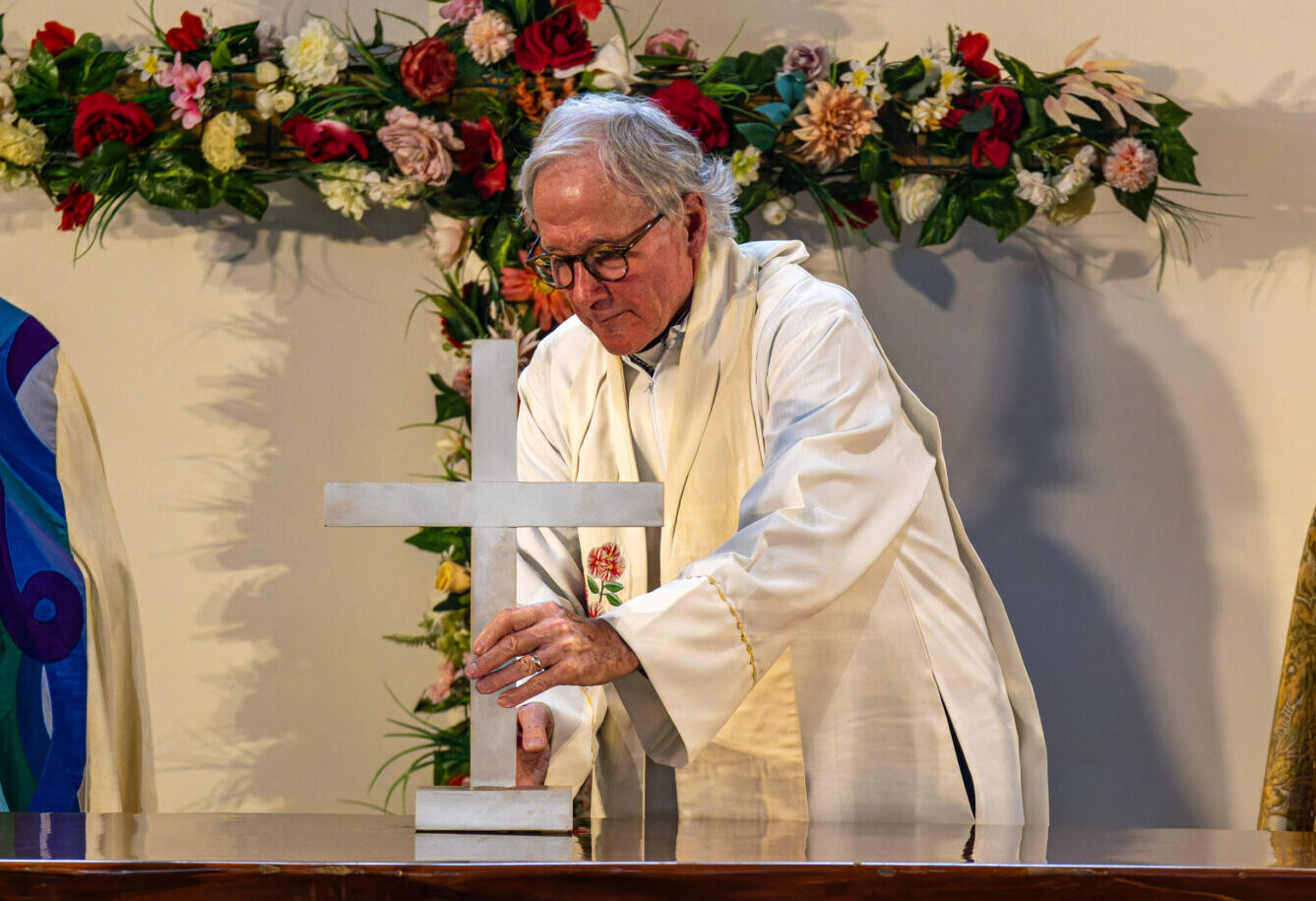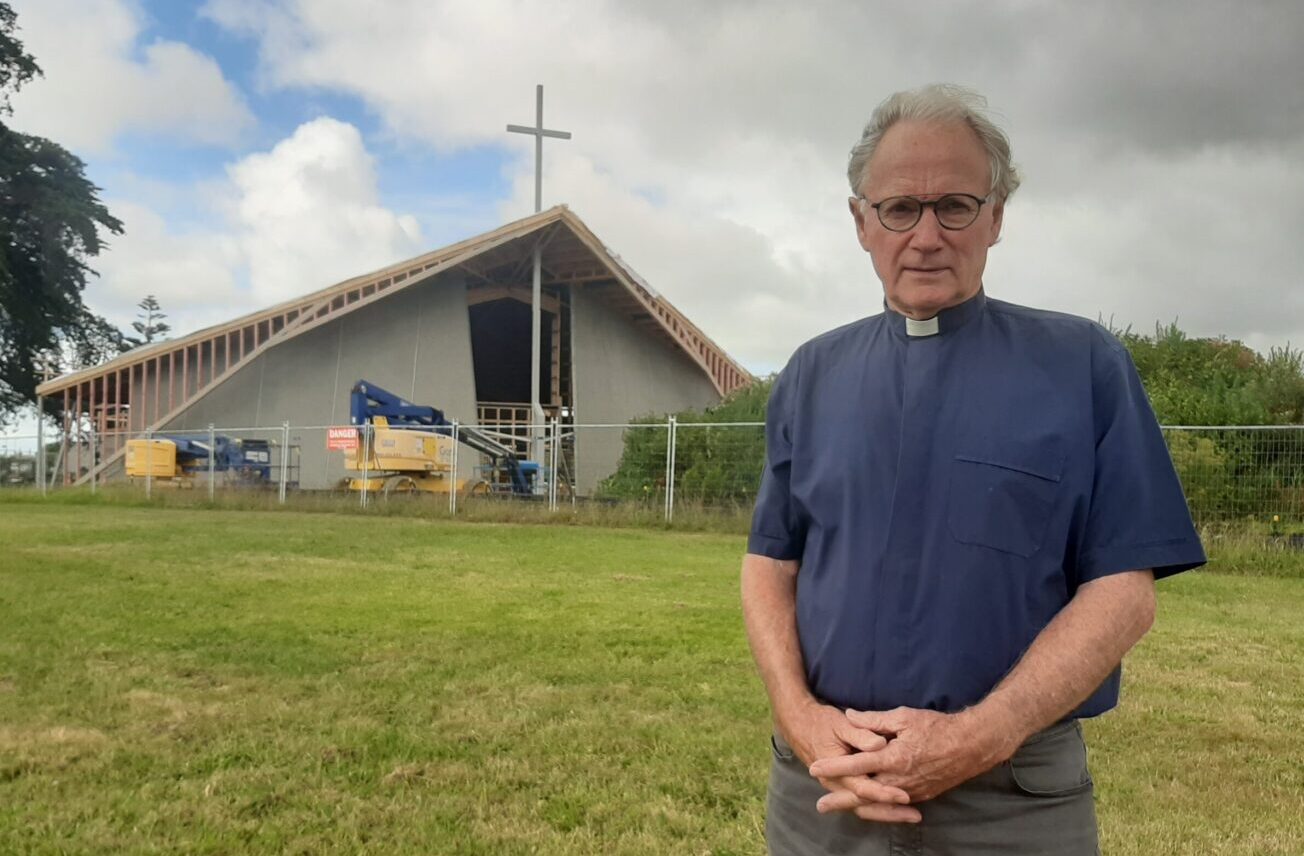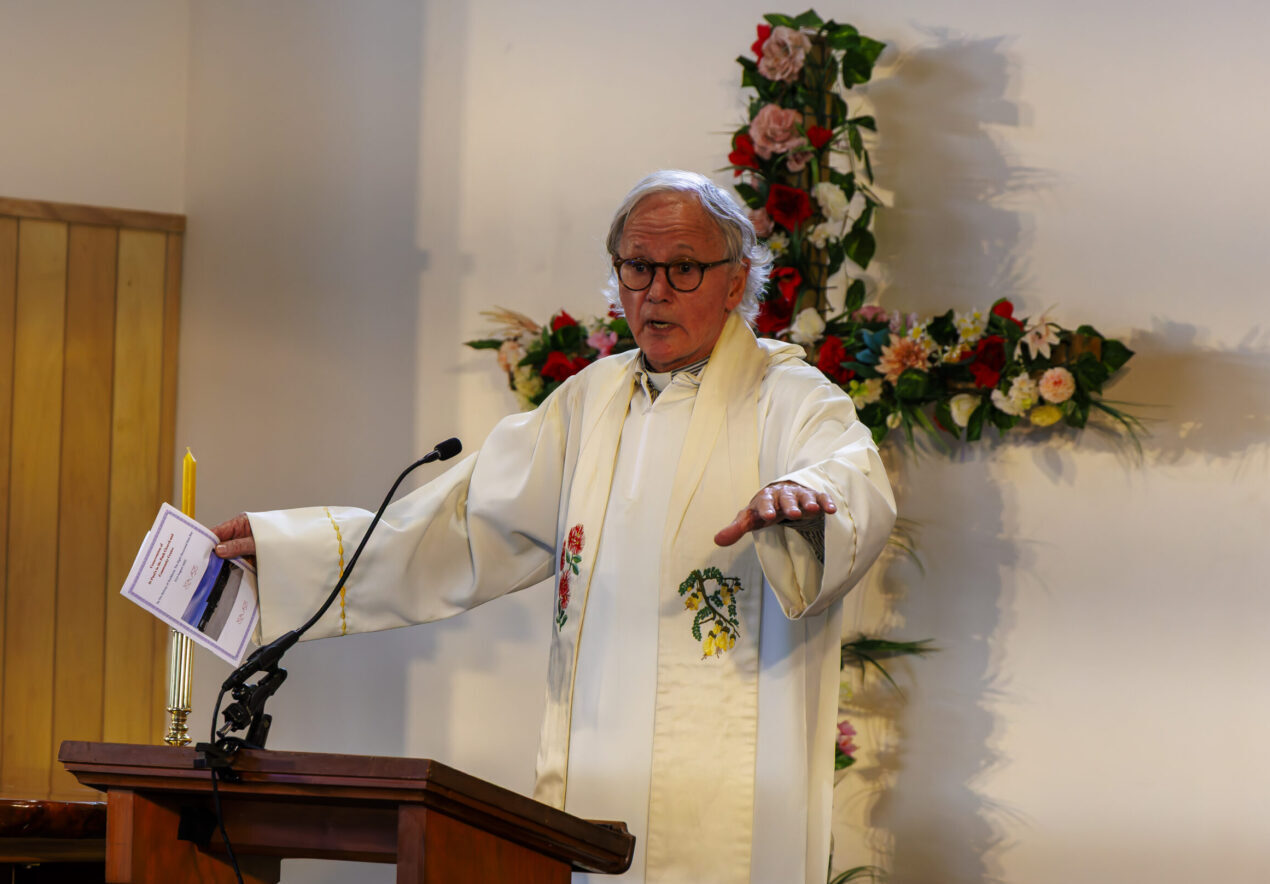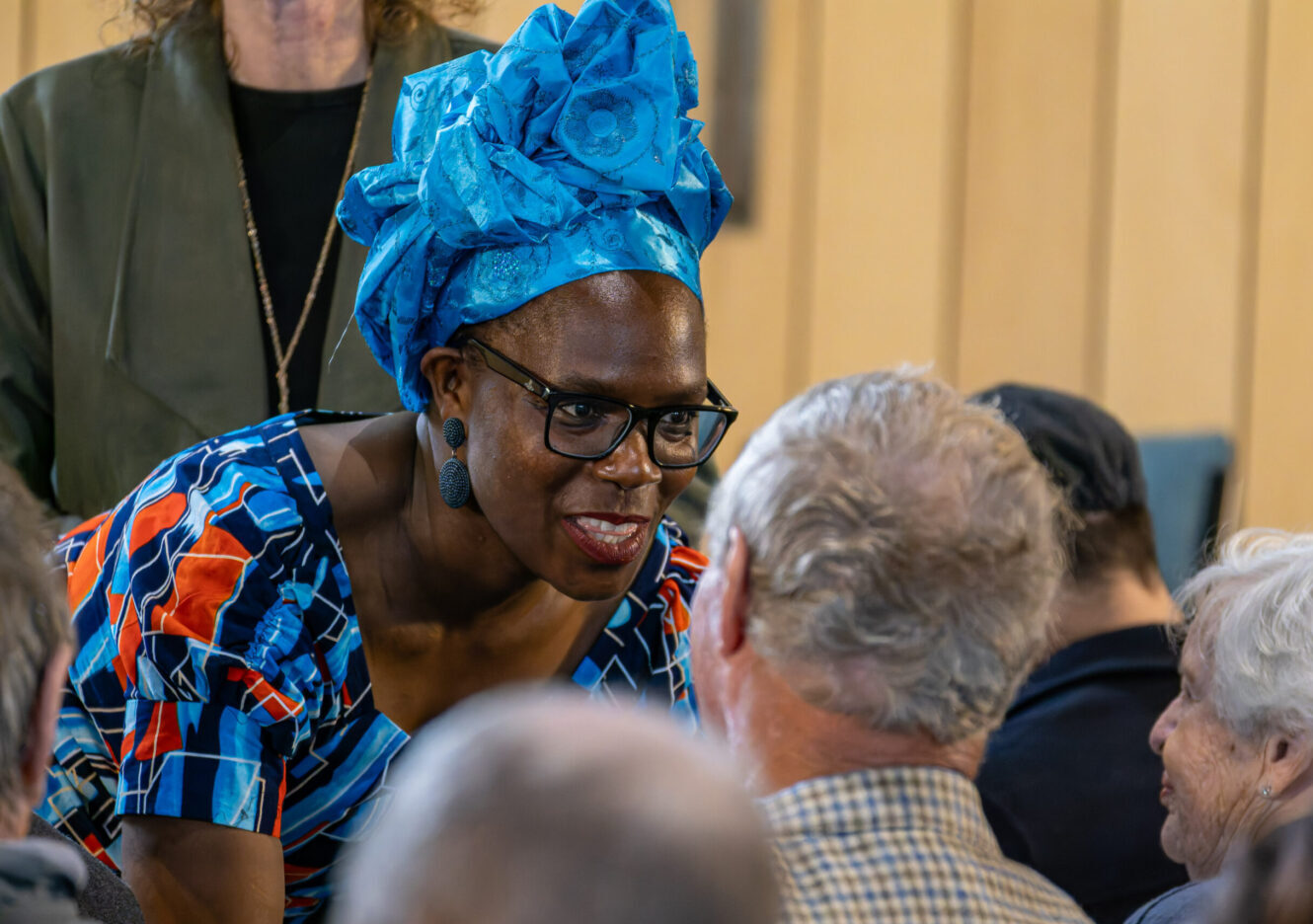
He started out in the rural areas of the eastern North Island and answered the call of the ministry four decades ago. He tells PJ TAYLOR of his life’s interesting journey and what’s the role of the church in one of the fastest growing areas of east Auckland and New Zealand.
Where were you born and grew up?
I was born in Waipukurau, Central Hawke’s Bay, and grew up on a farm at Wallingford.
What was it like growing up on a farm?
It’s the ultimate environment for growing children. Healthy – running around outside in the sunshine or rain. Never bored – no devices in those days but we always had something to do, which included riding horses. One very valuable thing drummed into me at an early age was a work ethic. I was sent away to boarding school at the age of nine. First morning of any holidays, Dad would have me up at 6.30am and it was then helping on the farm all day every day. I don’t think I can remember my father ever taking a holiday.
Coming from a proud sporting province, did you play any sports in your younger years?
Sport played a big part in my younger days – rugby, tennis, squash, but predominantly cricket. I was blessed with a little ability, and played some rep cricket – Canterbury under-23s, Central Districts under-23, and Hawke’s Bay, my last game being the lifting of the Hawke Cup from Marlborough in 1968. My father maintained, rightly so in those days, that there was no future in playing cricket, so he sent me up the East Coast to Te Puia Springs to work on a large sheep station. I did manage to play rugby for the East Coast, and also started up a polo team on the station. It’s a game I continued with when returning to the family farm on the death of my father in 1970.

How did you become a minister in the Anglican Church?
I grew up in an Anglican environment, attending an Anglican church as a family at Wallingford. On leaving school, religion and I followed divergent paths for a time. However, on returning home to run the farm following my father’s death, I became involved in our local church at Porangahau. As time went on, my involvement grew, as did a sense of meaning in my life. In June 1985, over a matter of days, I felt a strong calling to full-time ministry. I shared this with the Bishop of Waiapu, Peter Atkins. Peter’s response was to tell me that he would ordain me in November and then appoint me to lead the Porangahau Parish. This meant I would side-step two years of training at St John’s Theological College. It was a very brave decision on the part of Bishop Peter. My training was on the ground, and it was a steep learning curve, to say the least.
What was it like serving as Chaplain at such an esteemed school as King’s College, Auckland? How did the appointment happen?
In 1988 I received a phone call from John Taylor, who had just been posted to the position of headmaster of King’s College. He offered me a job as Chaplain of King’s. I knew John well but was reluctant to leave my very supportive church family at Porangahau. However, he persuaded me, and I took up the role at the beginning of 1989. It was the beginning of a 28-year ministry that was challenging, consuming but so very fulfilling. It would be fair to say that the majority of students at King’s came from reasonably comfortable backgrounds. The challenge I felt drawn to was to stir them out of their comfort zone, spiritually and culturally. The worship had to be relevant to them, remembering that they were in chapel, not voluntarily, but because their timetable stipulated so. Each student attended chapel twice a week. We embraced a community service programme in order to assist in making that worship relevant, in other words to “walk the talk”. Being based in south Auckland expedited that outreach.

Everyday life is fast moving and there’s a lot of people hurting for various reasons. What role does the church play in society in hard times?
It’s unfortunate the profile and role of the church in our society have dissipated over the past 50 years, for various reasons which I won’t go into now. There are tangible ways we can support those in need, such as a food bank. We can steer them towards budgeting advice – CAP (Christians Against Poverty) do a marvellous job in this area. We can provide pastoral care – visiting and sharing their troubles. And very importantly, a church should provide a sense of family, and thus, a sense of support.
How is St Paul’s in the Park Anglican Church now you’ve led its big development to fruition?
There is no doubt that it has been quite a journey to reach the point where we now have this marvellous facility, and the response from people, both within our church community and the community beyond, has been extremely positive. However, it’s also the start of a new journey. If we’re to do justice to this wonderful complex, and most importantly what takes place in this new place of worship, then this is the beginning of a journey that will call for commitment, endeavour and enthusiasm as we work towards making a mark in our community here in Flat Bush.
A church is a place of worship, and what else does St Paul’s in the Park offer the east Auckland community?
As well as a space for worship, our new complex also embraces a community centre, known as The Park Community Centre. It has four rooms of varying size available for use by community groups, as well as programmes run by our church for the local community. There is access to a large kitchen. I believe very strongly that a church should play an active role in its community. We have a slogan for the Park Community Centre – Open to All.
What is your own family situation?
My wife, Mervis, is from Zambia. I met her when I was in Zambia in 2009. She plays a pivotal role, not just as a wife and a mother to our four children aged 14 to 10, but also in the functioning of our church. She leads the singing with her distinct African voice and makes people feel welcome and valued with her warm and friendly personality.
If there is one thing you would like to see change in New Zealand society, what would that be?
A desire and willingness to embrace difference and diversity, and to cater to the well-being of our fellow citizens, no matter whom they might be.



